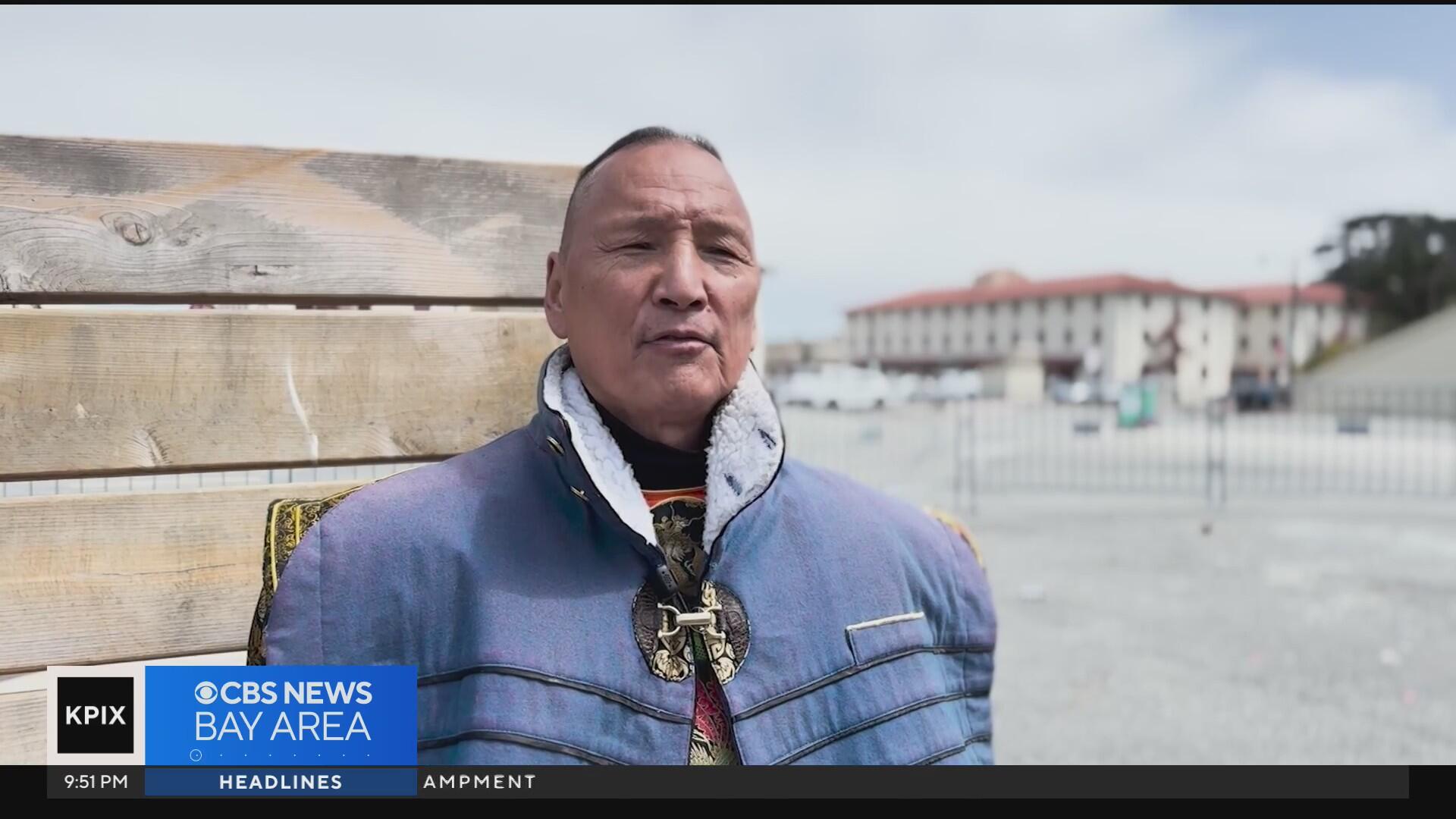Architect Eugene Tssui draws inspiration from nature to revolutionize sustainable design
For architect and environmental activist Eugene Tssui, the future of sustainable design starts with a return to nature and a radical shift in mindset.
"The environment is our home, and our home is dying," Tssui said. "We need to address that in a way where all of us need to change the way we think, and live, and behave."
Known for his unconventional, biomimicry-inspired designs, Tssui has completed multiple residential projects across the Bay Area, each emphasizing ecological harmony and renewable energy.
One of his latest efforts, The Sky Park Arch, will be Emeryville's first zero-energy building — a milestone in his ongoing mission to fuse architecture with nature's principles.
"Architecture accounts for at least 45 percent of the world's toxic pollution," Tssui said. "And it's a shame that architects aren't a voice for letting that be known."
Tssui, recently named Emeryville's 2025 Architect/Artist in Residence, sees architecture not just as a profession but as a platform for change. His design philosophy draws heavily from the natural world, where he believes the answers to many environmental challenges already exist.
"The electric eel can create 600 volts of energy instantaneously just through its musculature, just through the electro nerve system inside of its body," he said. "I'm thinking now, if we knew how to biologically create electricity, it would revolutionize the world. We could have electricity that doesn't pollute at all."
He argues that modern architecture still relies too heavily on outdated, industrial-age methods, failing to consider the innovations inherent in biology.
"All of these miracles and secrets actually occur in nature that we are not even investigating," Tssui said. "And they could just revolutionize the way we think about energy."
Tssui's work continues to challenge the conventional boundaries of design, pushing toward a vision of architecture that not only serves humanity but heals the planet.
Because for Tssui, conserving energy isn't just a goal. It's the fuel behind his life's work.




